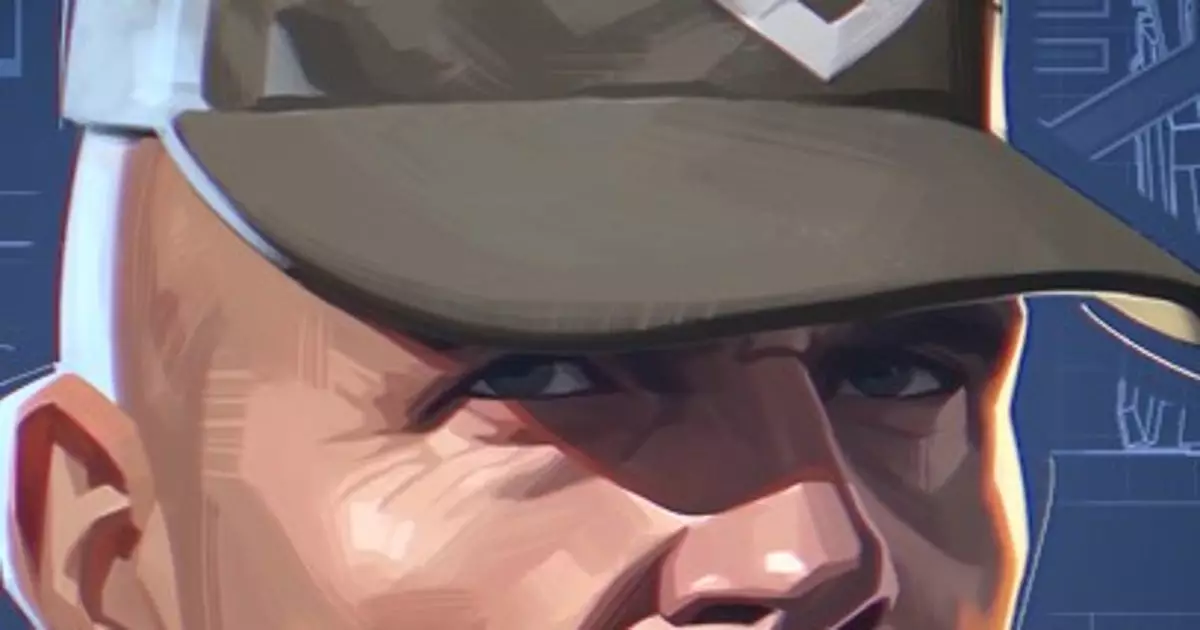In the rapidly changing landscape of video gaming, the introduction of game seasons has become a hotly debated topic among players of all ages. For younger audiences, especially those immersed in titles like Fortnite, an earlier era of gaming may seem alien. The nostalgia-laden concept of replaying a game to uncover hidden elements, such as alternate endings or cutscenes, has transitioned into a landscape defined by regular updates and live-service formats. Today, let’s explore this evolution, specifically through the lens of a strategy game like Mechabellum.
The Nostalgia of Yesteryears
Imagine a time when gaming was predominantly about immersing oneself in a story and perfecting a strategy over countless hours. Players devoted themselves to replaying games, often to discover the finer nuances embedded within the fabric of the narrative. A younger gamer today may find it challenging to relate to this, particularly when they are enveloped in a culture of immediate gratification. Games were once built as self-contained experiences requiring patience and persistence—a far cry from today’s model of “what’s new this week?”
This transformation is starkly evident when examining how younger players engage with gaming content. The mechanics of save files and memory cards, once the lifeblood of gaming, have been overshadowed by constant updates and downloadable content. The joy derived from mastering an old-school title—like The Suffering series, renowned for its intricate plot branches and interspersed cutscenes—has inevitably faded. Today, players bounce from one title to another, driven by a steady stream of new content that keeps their interest piqued but often at the expense of deeper appreciation.
Nevertheless, there is an undeniable excitement in the advent of game seasons. Regularly updated content provides a sense of freshness and reinvigoration, particularly in strategy games that thrive on tactical evolution, such as Mechabellum. The release of new units, balance changes, and cosmetic enhancements creates a dynamic gameplay environment that invites renewed exploration of strategies. Take, for example, the recent update that introduced the Raiden—a formidable flying unit capable of unleashing multiple lightning strikes. Each new element acts as a catalyst for creativity in tactical planning, compelling players to reevaluate their established formations and adapt their gameplay.
Moreover, while updates may seem trivial at times—cosmetic items that one might dismiss—these elements create a collectible culture that appeals to players’ desire for personalization. The excitement of unlocking new skins or enhancements can rejuvenate interest even in seasoned players. With each patch, the landscape evolves, and flexibility becomes a core requisite for successful gameplay.
At the heart of strategy games, including Mechabellum, lies a blend of planning and execution. Players must not only react to opponents’ strategies but also proactively sculpt their formations to adjust to the capabilities of newly introduced units. The introduction of the Intensive Training Expert, for instance, adds a layer of complexity. This specialist’s ability to provide extra supplies and upgrades early on alters the flow of competition and encourages players to rethink their traditional approaches.
The tactile nature of strategy games brings forth a unique satisfaction. As players orchestrate formations and positions, they relish the consequences of their decisions. Each successful maneuver feels like a validation of planning and foresight, generating a genuine thrill often overshadowed in more fast-paced genres. The beauty of destruction punctuated by successful tactical responses embodies the essence of modern strategy gaming.
Final Thoughts: The Future of Gaming Seasons
The gaming landscape continues to transform, driven by innovations in technology and player expectations. Game seasons may evoke mixed feelings among those who yearn for the classic gaming approach focused on depth and narrative. However, there is no denying that they usher in new opportunities for engagement, continual learning, and strategic improvisation. The younger generation of gamers may thrive in this environment—one that emphasizes adaptability, teamwork, and the exhilarating journey of trial and error.
Ultimately, as we continue to embrace these changes, it’s essential to recognize that both nostalgic and modern gaming experiences offer valuable lessons in creativity and strategy. The balance between deep, immersive stories and the rapid succession of live content might just define the future of gaming. Fun robots, indeed—today’s big robots can be even more thrilling at each new season’s start.

